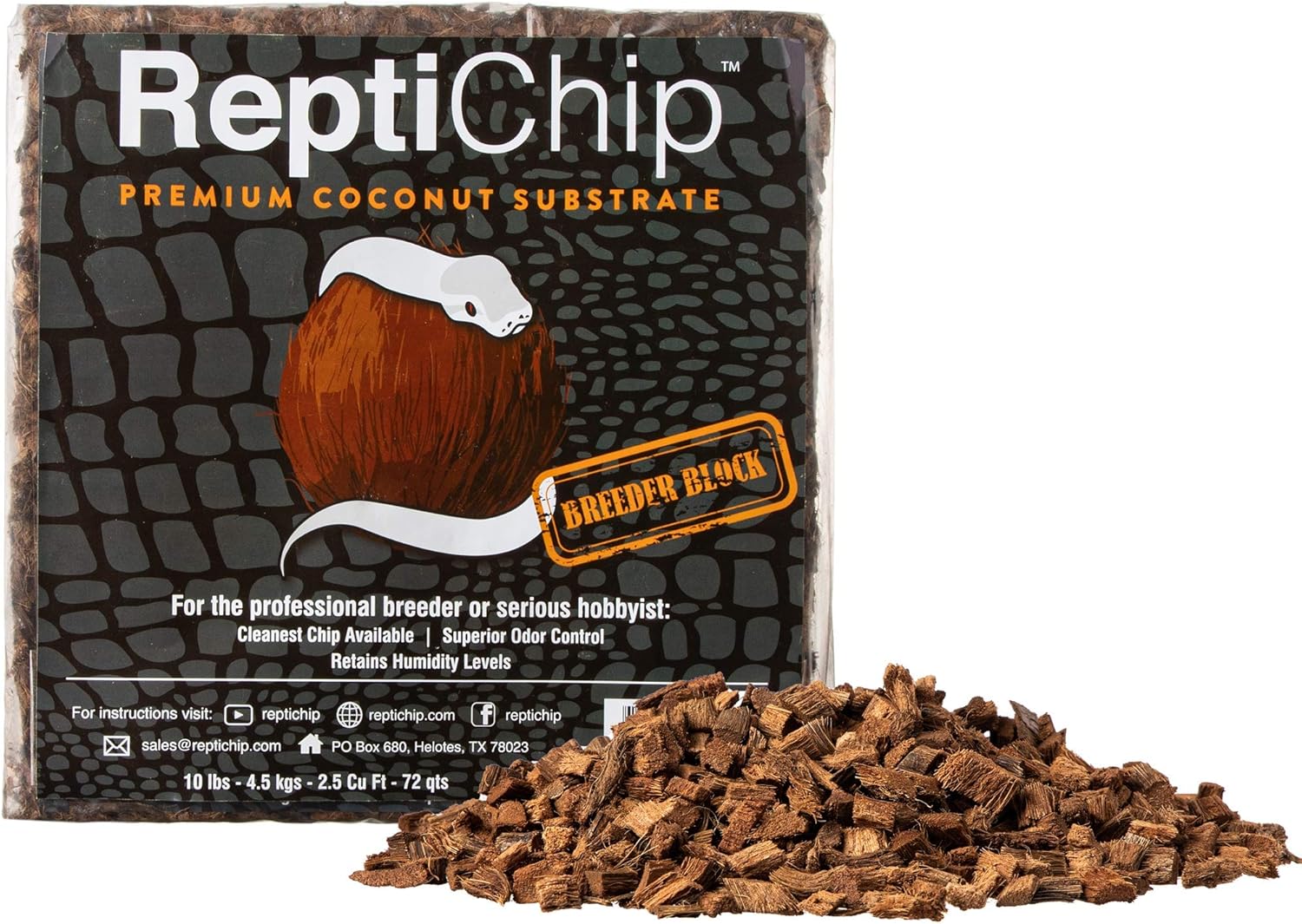Reptiles Amphibians
Reptiles and amphibians are fascinating creatures often kept as pets by enthusiasts. They have specific care requirements, and it's essential to provide them with a suitable habitat and proper pet supplies. Here's some information about reptiles and amphibians as pets and their related pet supplies:
Types of Reptiles and Amphibians:
- Reptiles include species like snakes, lizards (e.g., geckos, iguanas), turtles, and tortoises.
- Amphibians encompass frogs, toads, salamanders, and newts.
Habitat and Enclosures:
- Reptiles and amphibians require appropriate enclosures or terrariums that mimic their natural habitat.
- The enclosure size, substrate, temperature, humidity, and lighting should all be tailored to the specific needs of the species.
Heating and Lighting:
- Many reptiles and amphibians are cold-blooded (ectothermic), so they rely on external heat sources to regulate their body temperature.
- Specialized heat lamps, heat mats, or ceramic heaters are often used to provide the right temperature gradient.
- Full-spectrum UVB lighting is essential for many reptiles to metabolize calcium and maintain healthy bones.
Substrate and Flooring:
- Choosing the appropriate substrate for the enclosure is crucial. It can vary from sand for desert-dwelling reptiles to moss for amphibians.
- Substrate should be easy to clean and maintain.
Diet and Feeding Supplies:
- Reptiles and amphibians have diverse dietary needs.Some are carnivores, herbivores, or omnivores.
- Proper feeding supplies include feeding dishes, tongs, and a variety of appropriate foods, such as insects, fruits, vegetables, or specialized reptile pellets.
Water and Humidity:
- Access to clean, dechlorinated water is vital for both reptiles and amphibians.
- Some species require high humidity levels in their enclosure, which can be achieved with misters or humidifiers.
Hideouts and Decorations:
- Providing hiding places and decorations like rocks, branches, and plants allows reptiles and amphibians to feel secure and engage in natural behaviors.
Health and Hygiene:
- Regularly clean and disinfect the enclosure to prevent the buildup of harmful bacteria.
- Considerations like proper ventilation and quarantine procedures can help maintain the health of your pets.
Handling and Safety:
- Some reptiles and amphibians can carry diseases, so it's important to wash your hands thoroughly after handling them.
- Some species may not tolerate handling and stress easily, so it's crucial to research specific care guidelines.
Regulations and Legal Considerations:
- Before acquiring a reptile or amphibian as a pet, be aware of any local or national regulations regarding their ownership, especially for endangered or exotic species.
Veterinary Care:
- Regular check-ups with a veterinarian experienced in reptile and amphibian care can help detect and prevent health issues.
Owning reptiles and amphibians can be a rewarding hobby, but it's essential to research the specific needs of the species you're interested in and provide them with the proper pet supplies and care to ensure their well-being. Each species has its own unique requirements, so thorough knowledge and responsible ownership are key to keeping these animals healthy and happy as pets.





